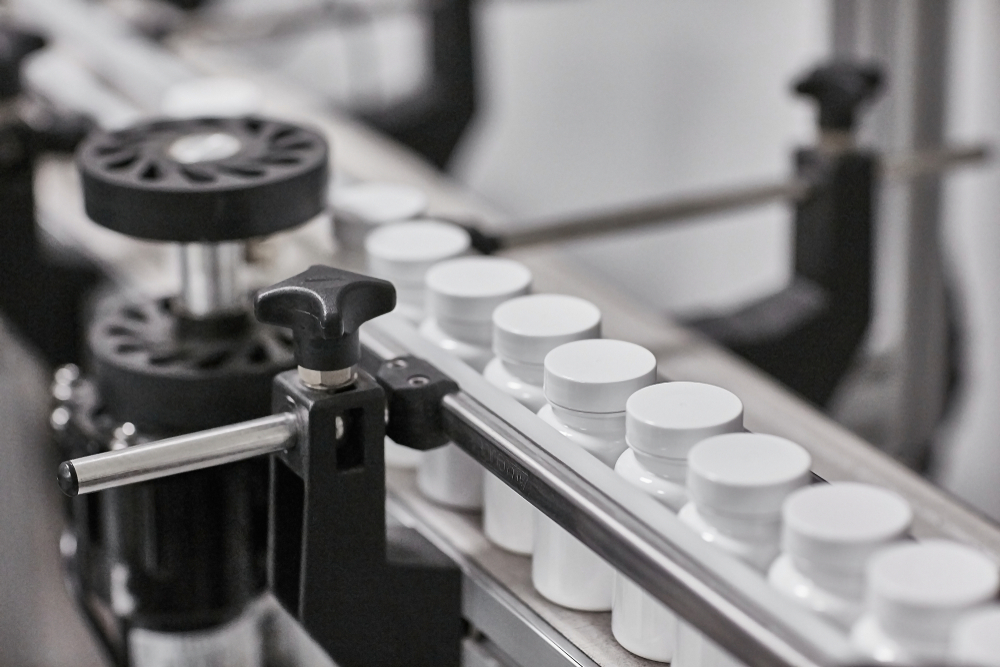
Food Supplements and Nutraceuticals
The market of food supplements and nutraceuticals is in continuous expansion and the principal trade channels are pharmacies. In the case of food supplements, the Italian market is first in Europe, with a quote of 27%. The national production satisfies the entire demand of this products, and the 25% of companies in the sector carries out also export. Italy guides the European market pointing on innovation, the market’s quote is of 23% gaining 3,3 billion of euros in 2018, followed by Germany (with 13% of market’s quote), France (9%), and United Kingdom (8%).
- Food supplements are destinated to integrate a common diet: they constitute a concentrated source of nourishing substances, for example vitamins and minerals, or other substances having a nutritional or physiological effect, in particular amino acids, essential fatty acids, fibre and extracts of vegetable origin, in pre-dosed forms. They are usually presented in small unity of consume like capsules, pills, small bags, little flacons, and they can contribute to the welfare by optimizing the being, or by promoting the normality of the functions of the body with the supply of nutrients or other substances with a nutritional or psychological effect.
- Nutraceuticals: in the Italian legal system are classified as food supplements, but they present instead some substantial differences compared to these last-mentioned. The first of these differences is that nutraceuticals are substances of natural derivation with pharmacological actions. The nutraceutical, indeed, studies plants extraction, animals, minerals, and micro-organisms that have beneficial effects on human’s health. These last-mentioned, for example, are the reduction of the risk of onset of cardiovascular diseases, prevention of chronic diseases, re-enforcement of the immune system, the regulation of gastro-intestinal functions. Nutraceuticals can be integrated in the human diet by the assumption of additional foods with nutraceutical substances and by the form of food supplements in different formulations.
The placing of products from this sector on the market is the subordinated to the procedure of notification of the label to the Ministry of Health. Once this procedure is complete, the products are included into a dedicated list with a specific code, of which the ‘extremes’ can be reported in the same label. The challenge against the extensive checks, transparency, and the arrival of a recognized and recognizable quality standard, are the ones which characterized the most this supply chain.
Process and Product Innovation
The shift to the Industry 4.0 is a moment of deep change and innovation capable to disrupt all the sectors.
The industry 4.0 is considered as a new Industrial Revolution that appears to be even more disruptive of the previous ones. It is seen as such because it is born from the convergence of the IT and OT technologies to create a digit...
Supply chains involved:
Plant-based Beverages Coffee Cereals Chocolate Canned Foods Beer Dairy Products Nuts Food Supplements and Nutraceuticals Milk Plant oils Fruit and Vegetables Pasta Meat Baking products Sweet products Rice Cold Cuts and Cured Meats WinerySupply chains involved:
Dairy Products Nuts Food Supplements and Nutraceuticals